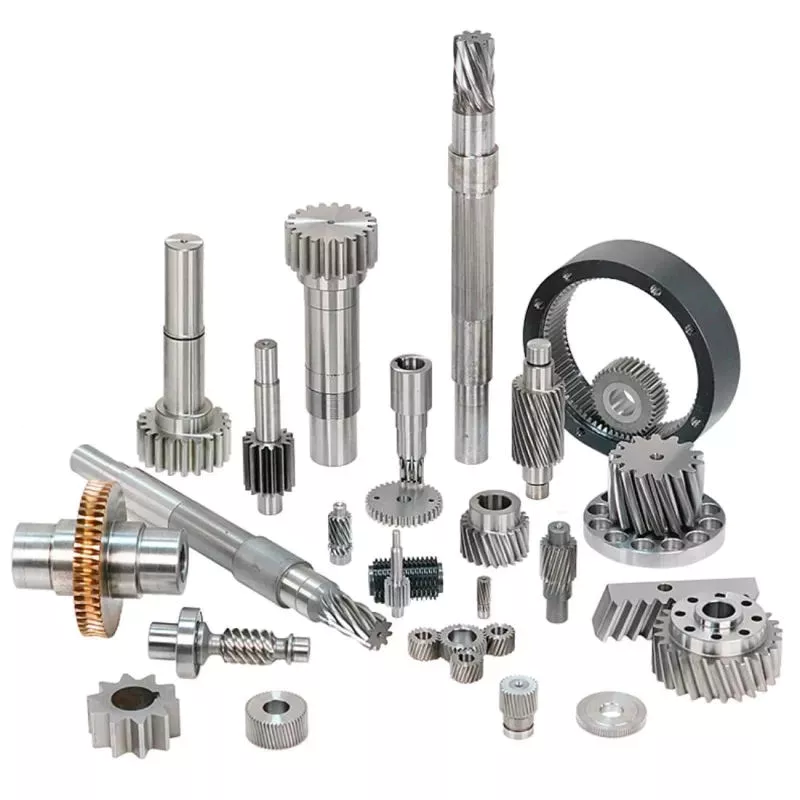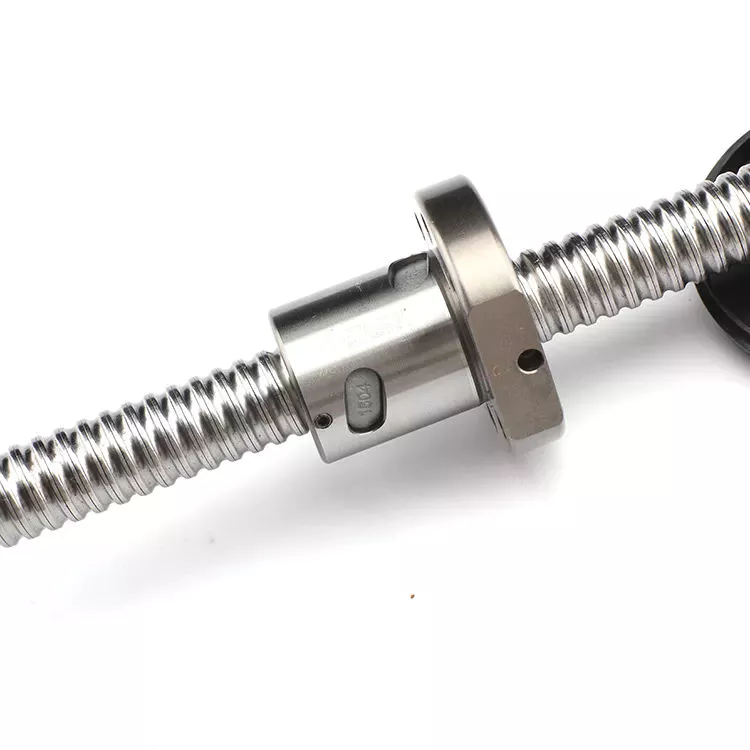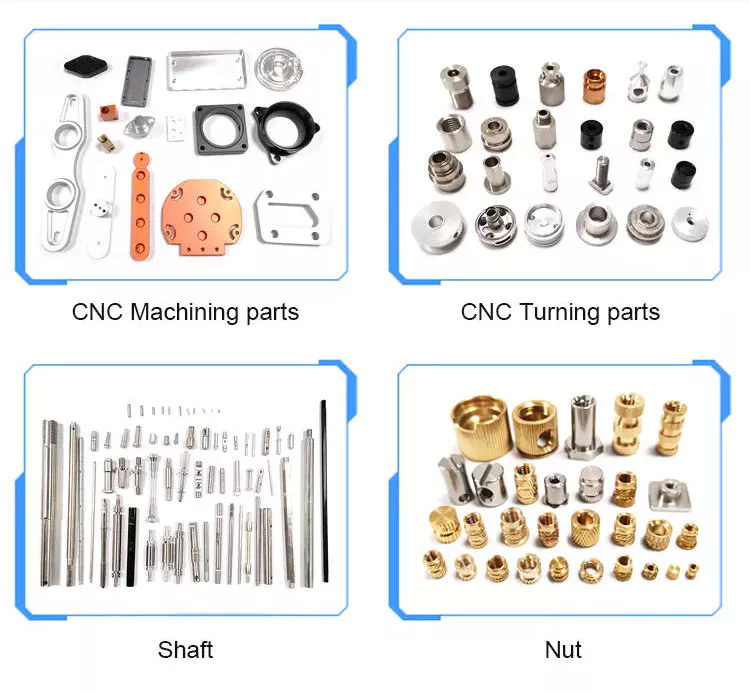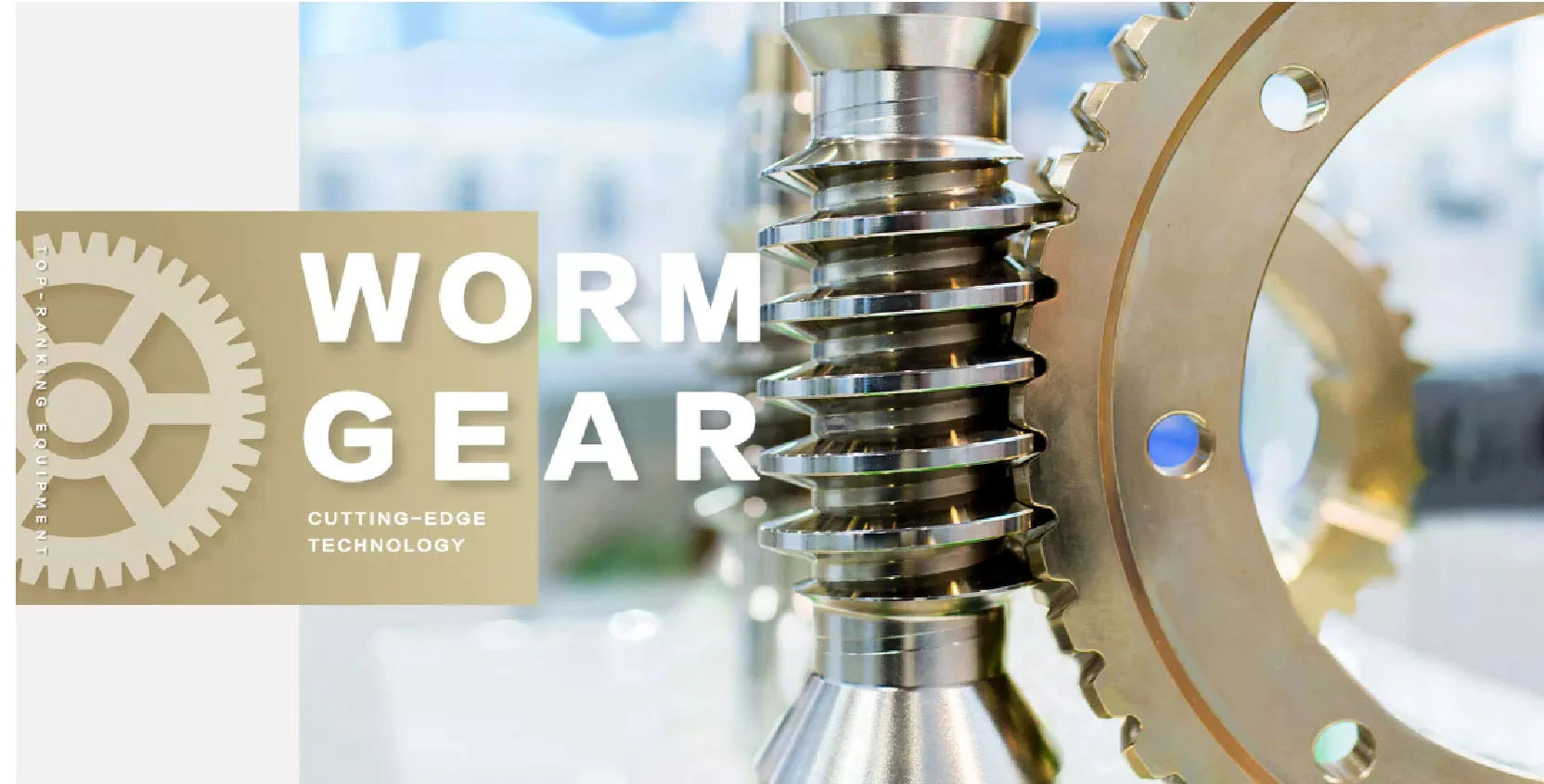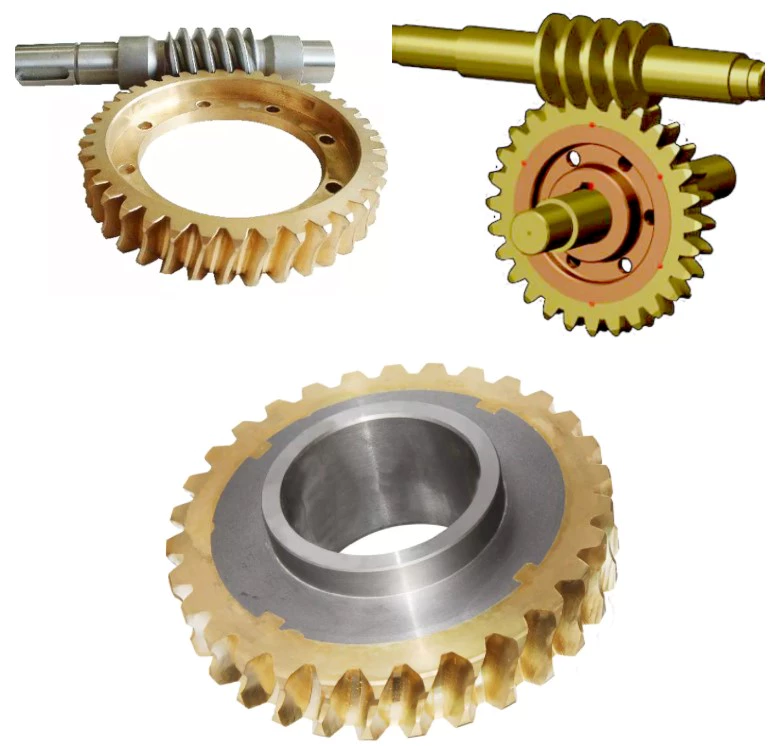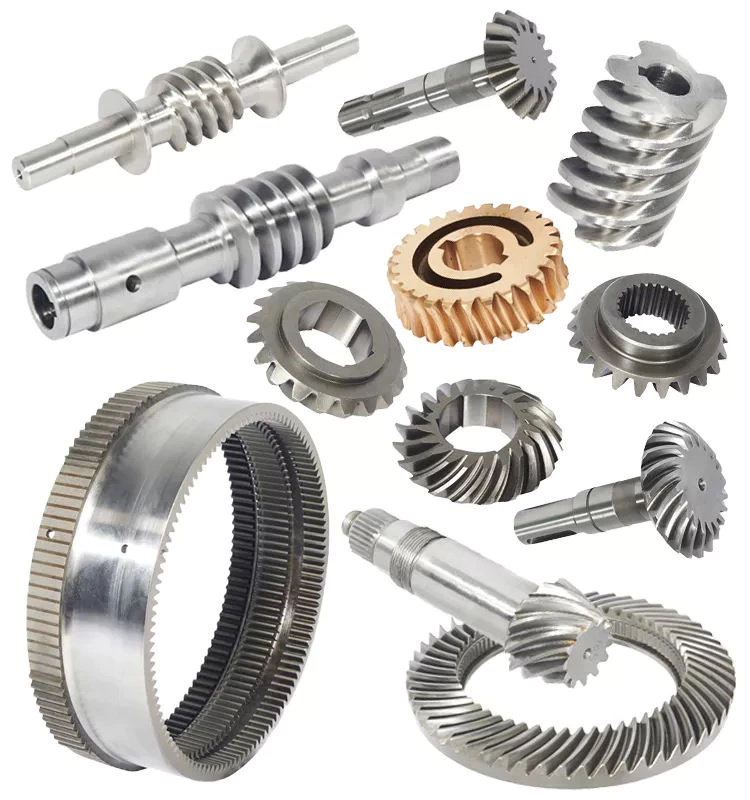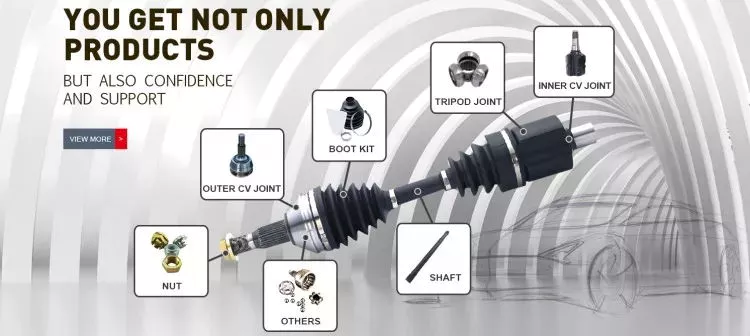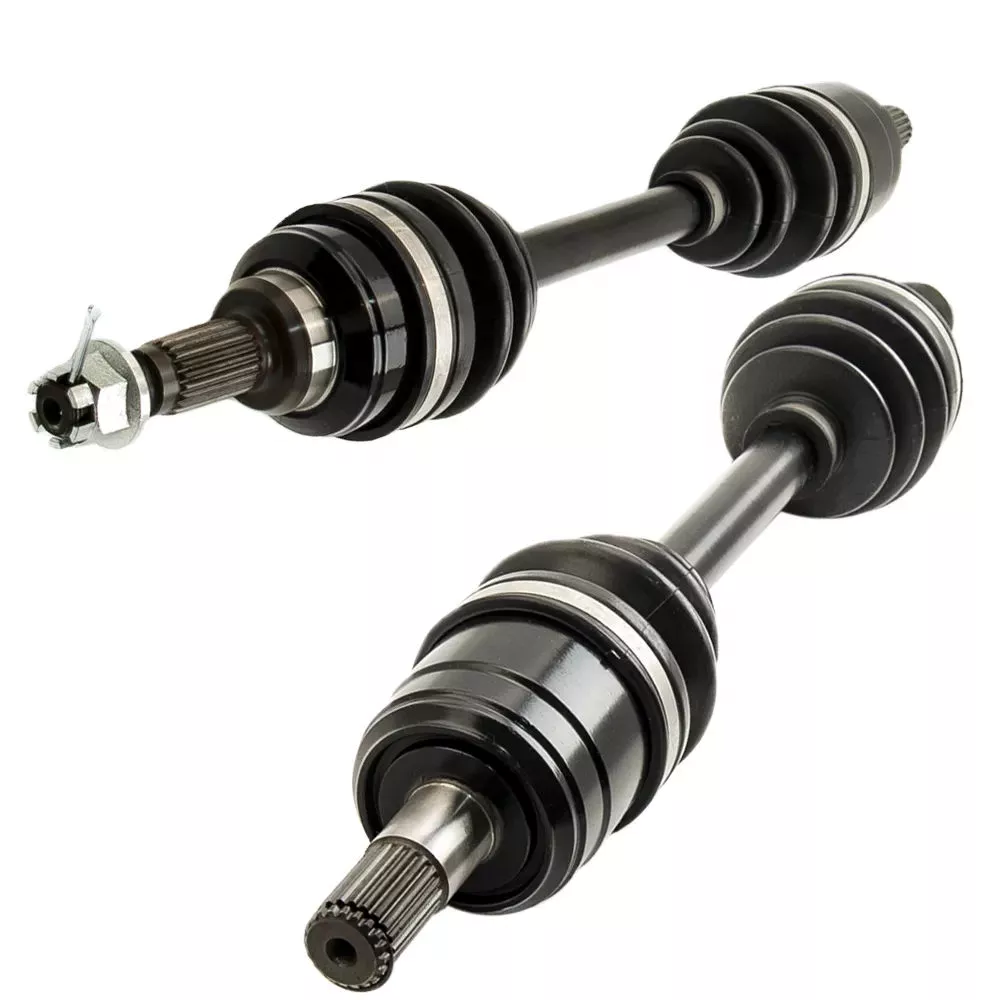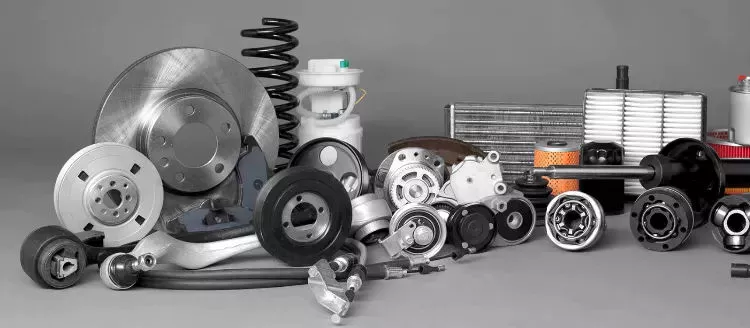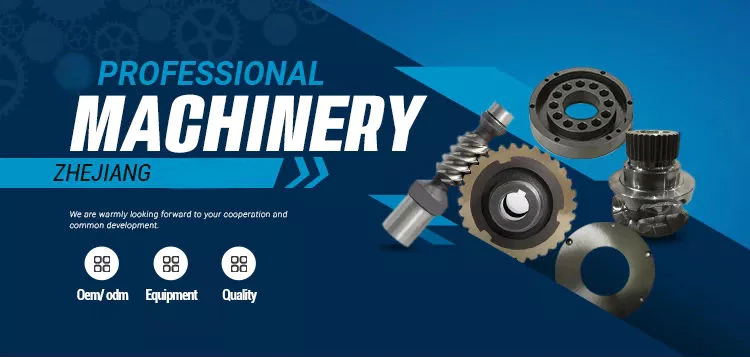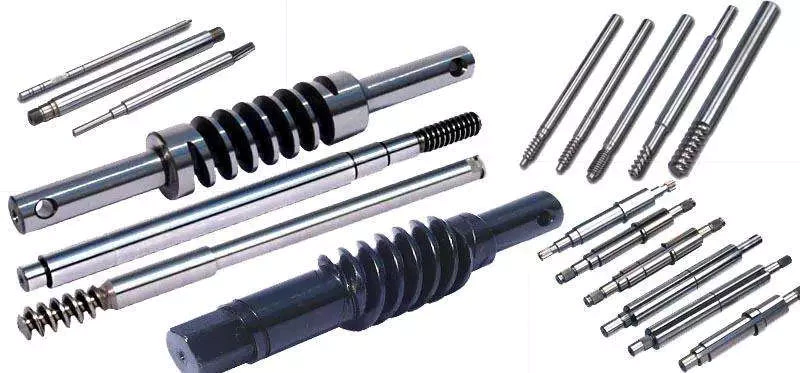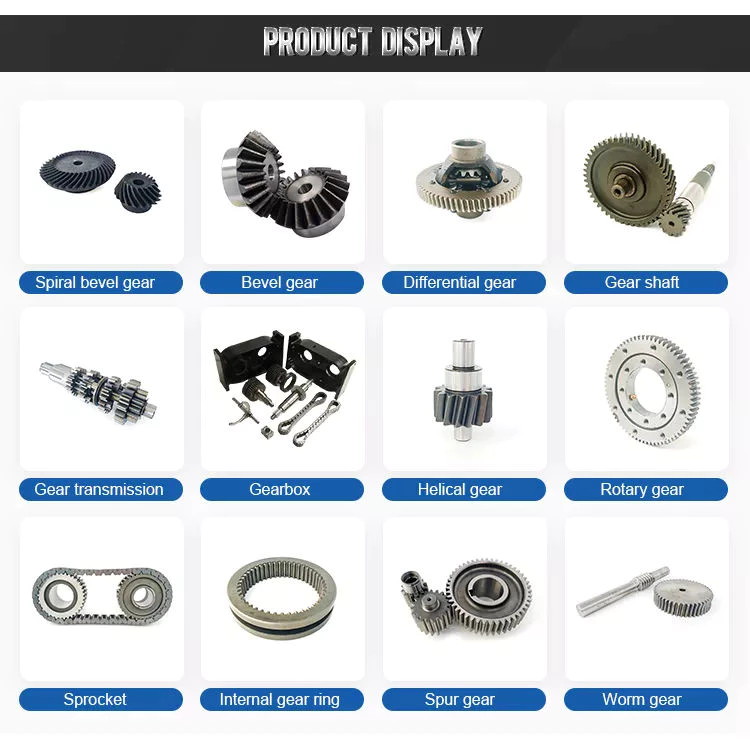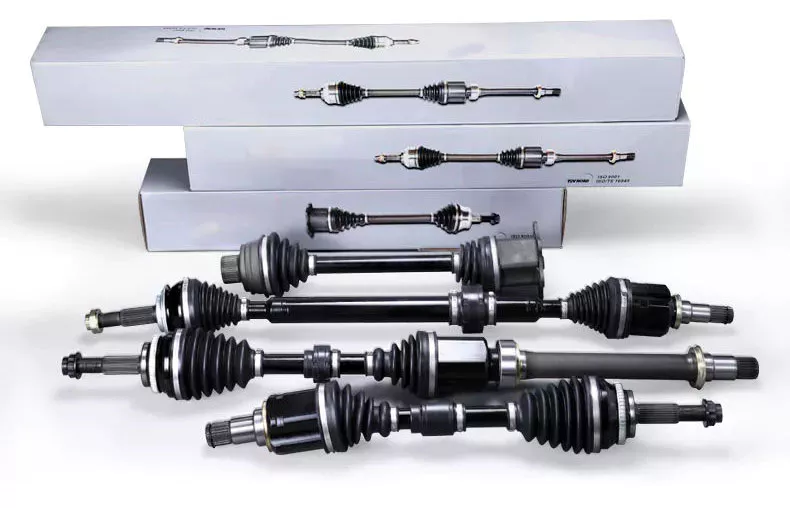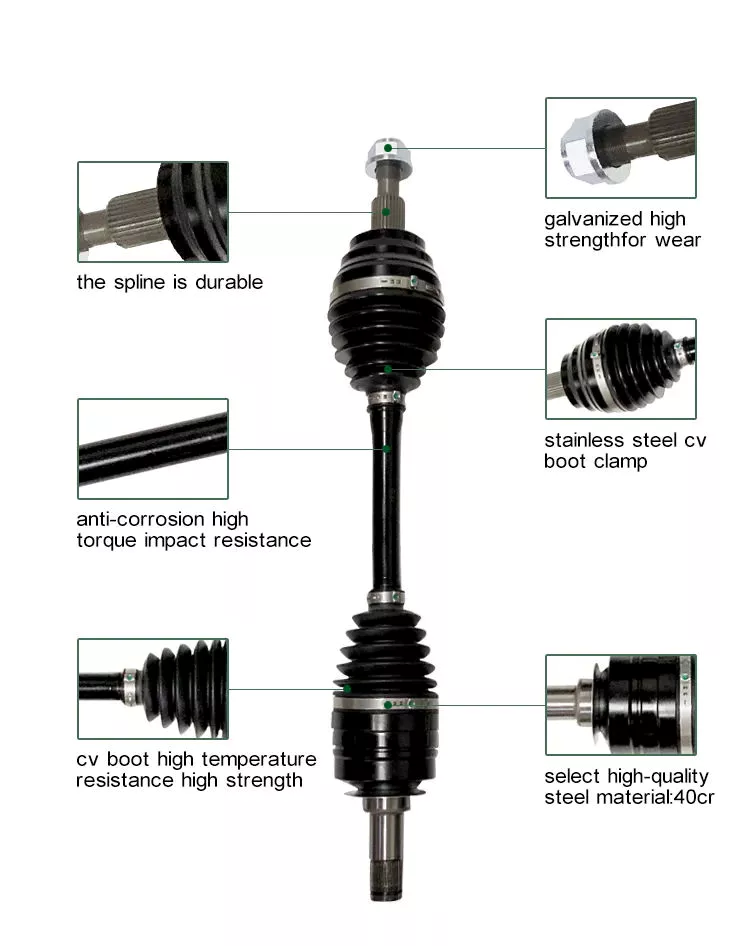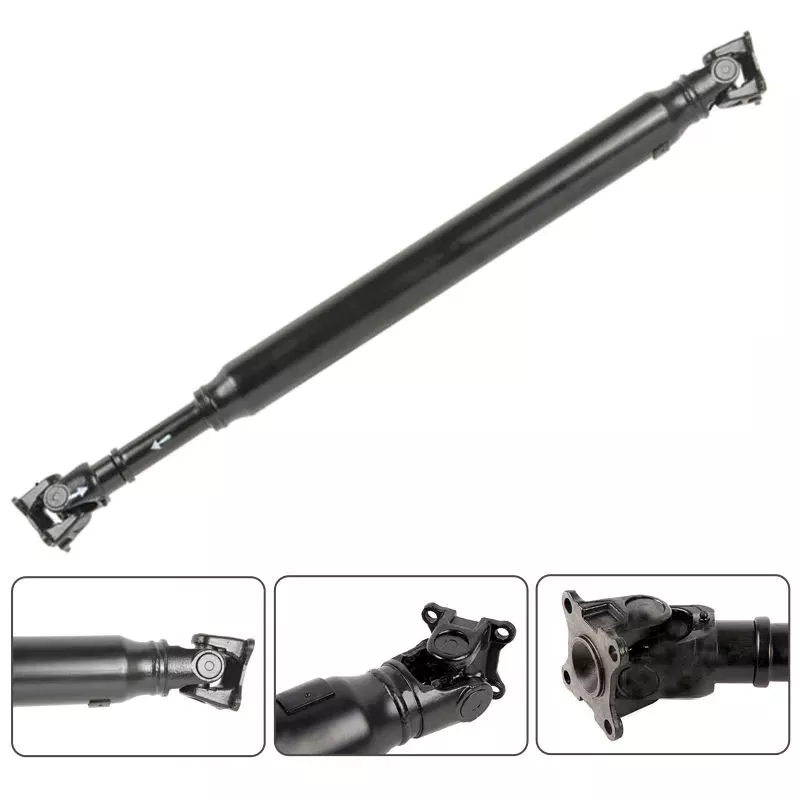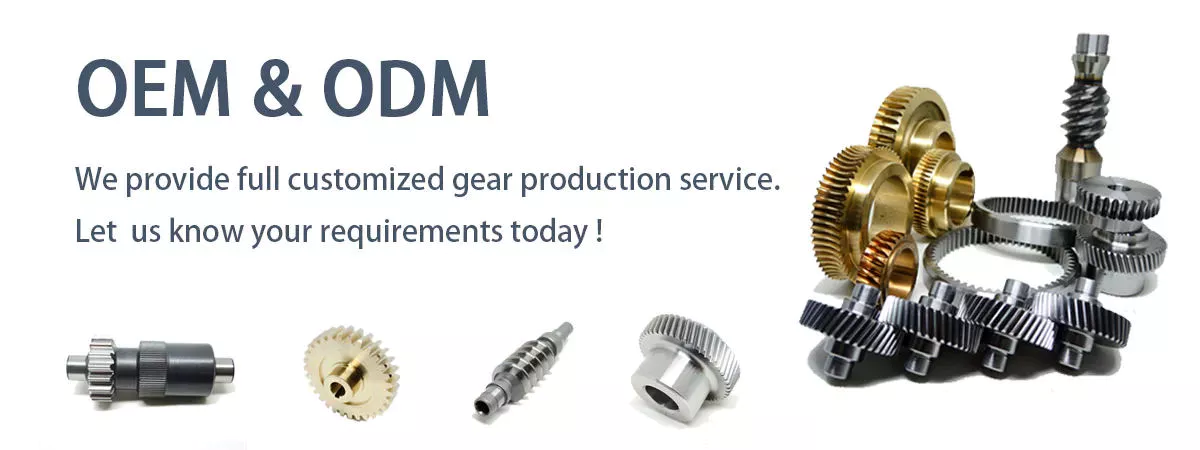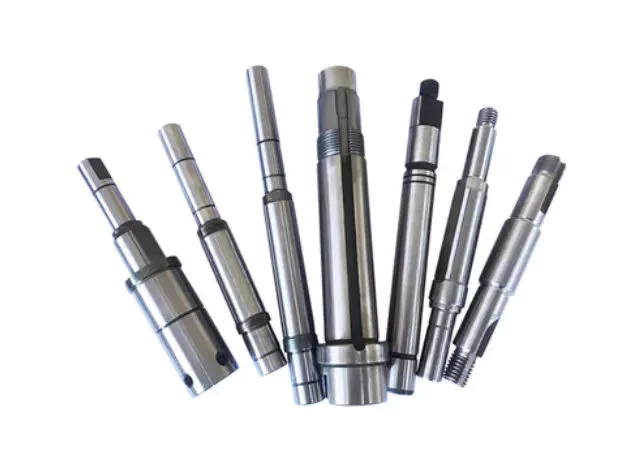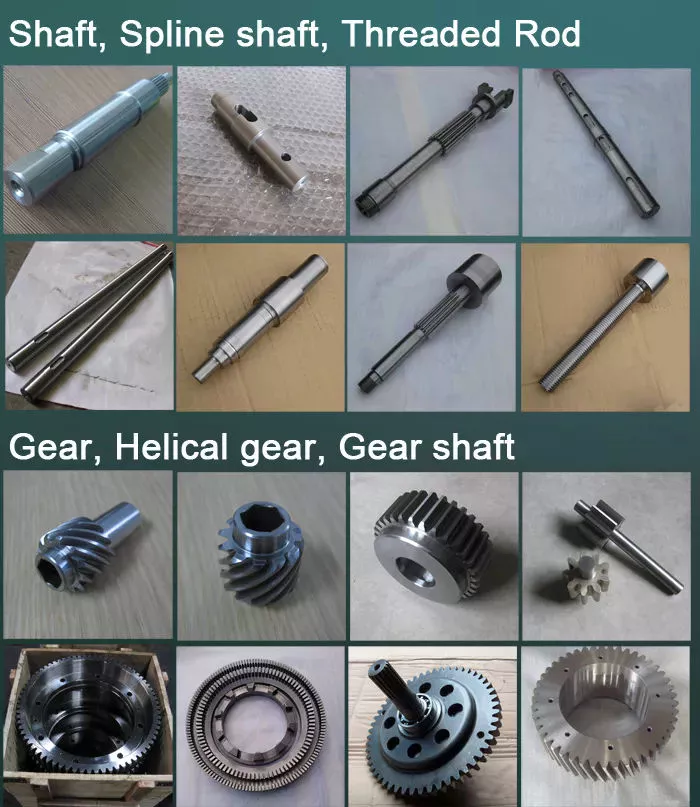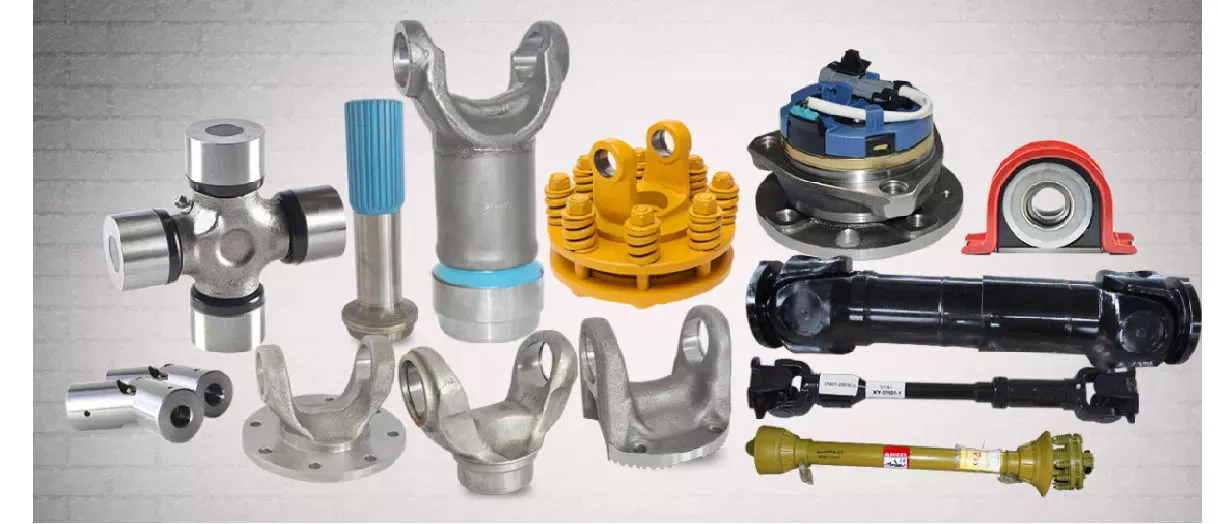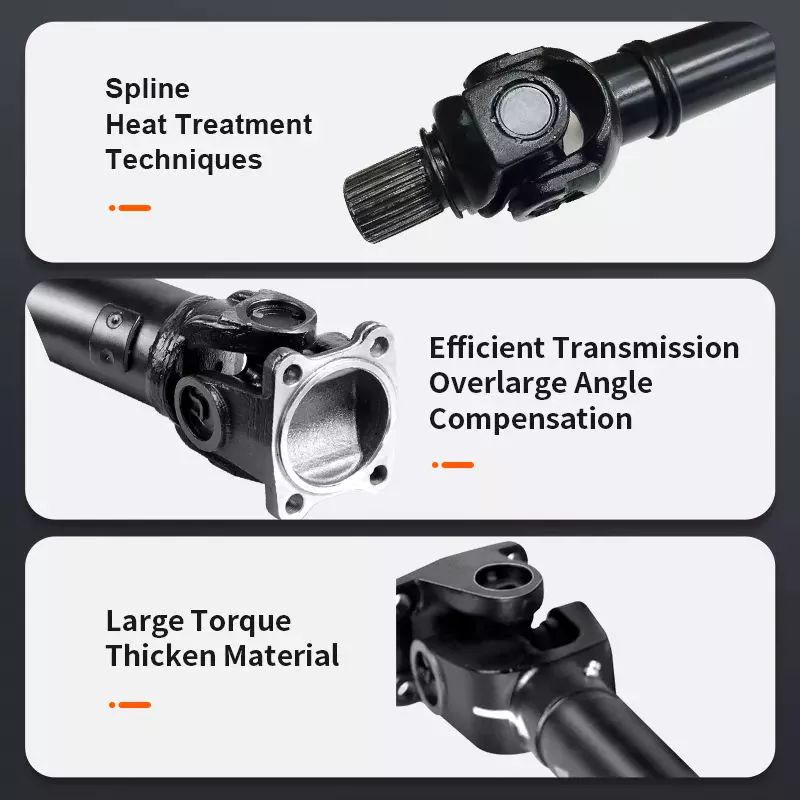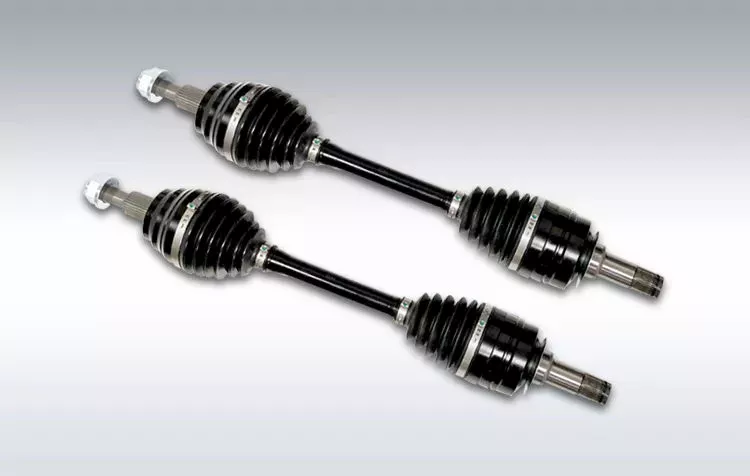Product Description
PPGI PPGL Chain Drive Pre-Cutting Automatic Galvanized Steel C/Z Purlin Roll Forming Machine Factory Price with ISO9001/Ce Certificate
Product Description
AUTO-Change type C To Z Purlin Machine for C80-300 & Z140-300 Profile
Profile Drawing
Pre-Punching Device
Main Machine
With feeding material guide, body frame made from H450 type steel by welding
Side wall thickness: Q235 t30mm ;Tie rod:ф22 Galvanized
Rollers manufactured from Gcr15/Cr12 steel,CNC lathes,Heat Treatment
with thickness 0.04mm,surface with mirror treatment
Shafts Diameter=ф90mm,precision machined
Gear/Sprocket driving,about 21-step to form(19-step to form and 3 step for final shaping).
Main Motor=18.5KW , Frequency speed control
Speed redcucer motor:K series;
Size changing motor:6pcs, Automatically controlled by PLC Programing.
All the screw bolts with grade 8.8
Real forming speed 20m/min (depending on the number of punching holes)
Post Hydraulic Cutting Device
to cutting,Two pieces type of cutting blade design, no blanking
Hydraulic motor:7.5KW,with Hydrualic Pre-Cutting&Punching Device Share a hydraulic station ;
Cutting tool material: Cr12MoV
The cutting power is provided by the main engine hydraulic station
Plus our PATENTED hydraulic UNIVERSAL post-cutting device(NO NEED TO CHANGE cutting die for different size like traditional purlin machine), which make the cut profile looks better
PLC Control System
Control The Quantity And Cutting Length Automatically
Input The Production Data(Production Batch,pcs,Length,etc.)On The Touch Screen ,It Can Finish The Production Automatically.
| Combined With | PLC, Inverter, Touch Screen, Encoder, etc |
| PLC | Siemens (German brand)/Schneider(French brand) |
| Inverter | Siemens (German brand)/Schneider(French brand) |
| 7-Inch Color Touch Screen | Siemens (German brand)/Schneider(French brand) |
| Encoder | Omron (Japan brand)Switch Bottom, Indicate Light, Power Supply, Intermediate Relay, AC Contactor |
| Thermal Relay | Siemens(German brand)/Schneider(French brand) |
| Air Switch | LG-LS(Korea brand) Cut-to-Length Tolerance≤±1 mm Control Voltage 24V |
After-Sale Service
1. The warranty is 24 months after the client receives the machine.
Within The 24months, we will courier the replacement parts to the client free of charge
2.We offer technical support for the entire life of our machines
3. We can send our technicians to install and train the workers in the clients’ factories with extra cost
Terms Of Trade
| Minimum order quantity (MOQ) | 1 Set |
| Delivery time | about 45 workdays |
| Port of loading | port of HangZhou |
| Type of payment | by T/T or by L/C |
| Export | to more than 80 countries and regions, including South Korea,ZheJiang , UK, Ireland, Greece, Australia, USA, Mexico, Brazil, Russia,Saudi Arabia, UAE, Iran , India, Singapore, Malaysia, Thailand, Indonesia, Philippines, Vietnam, South Africa, Nigeria, Egypt, etc |
Packing Style
| Packing method | Main body of machine is naked and covered by plastic film(to protect of dust and corrosion), loaded into container and steadily fixed in container suitable by steel rope and lock, suitable for long-distance transportation. |
View more products,click here…
Company Profile
What is a driveshaft and how much does it cost to replace one?
Your vehicle is made up of many moving parts. Knowing each part is important because a damaged driveshaft can seriously damage other parts of the car. You may not know how important your driveshaft is, but it’s important to know if you want to fix your car. In this article, we’ll discuss what a driveshaft is, what its symptoms are, and how much it costs to replace a driveshaft.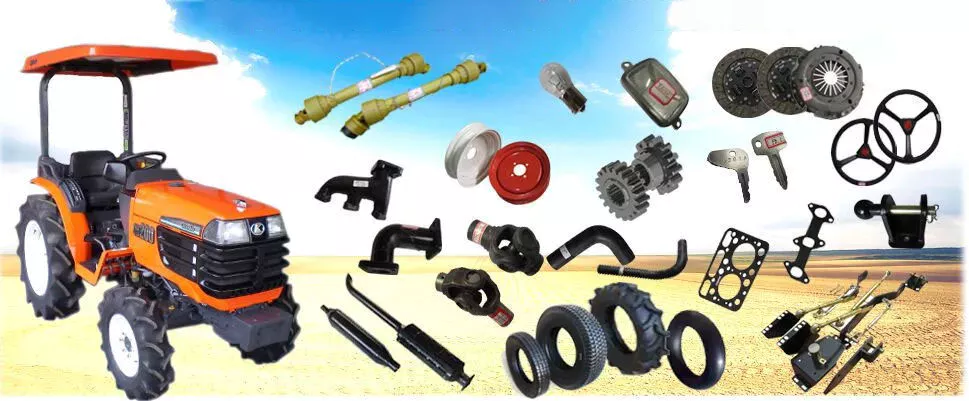
Repair damaged driveshafts
A damaged driveshaft does not allow you to turn the wheels freely. It also exposes your vehicle to higher repair costs due to damaged driveshafts. If the drive shaft breaks while the car is in motion, it may cause a crash. Also, it can significantly affect the performance of the car. If you don’t fix the problem right away, you could risk more expensive repairs. If you suspect that the drive shaft is damaged, do the following.
First, make sure the drive shaft is protected from dust, moisture, and dust. A proper driveshaft cover will prevent grease from accumulating in the driveshaft, reducing the chance of further damage. The grease will also cushion the metal-to-metal contact in the constant velocity joints. For example, hitting a soft material is better than hitting a metal wall. A damaged prop shaft can not only cause difficult cornering, but it can also cause the vehicle to vibrate, which can further damage the rest of the drivetrain.
If the driveshaft is damaged, you can choose to fix it yourself or take it to a mechanic. Typically, driveshaft repairs cost around $200 to $300. Parts and labor may vary based on your vehicle type and type of repair. These parts can cost up to $600. However, if you don’t have a mechanical background, it’s better to leave it to a professional.
If you notice that 1 of the 2 drive shafts is worn, it’s time to repair it. Worn bushings and bearings can cause the drive shaft to vibrate unnecessarily, causing it to break and cause further damage. You can also check the center bearing if there is any play in the bearing. If these symptoms occur, it is best to take your car to a mechanic as soon as possible.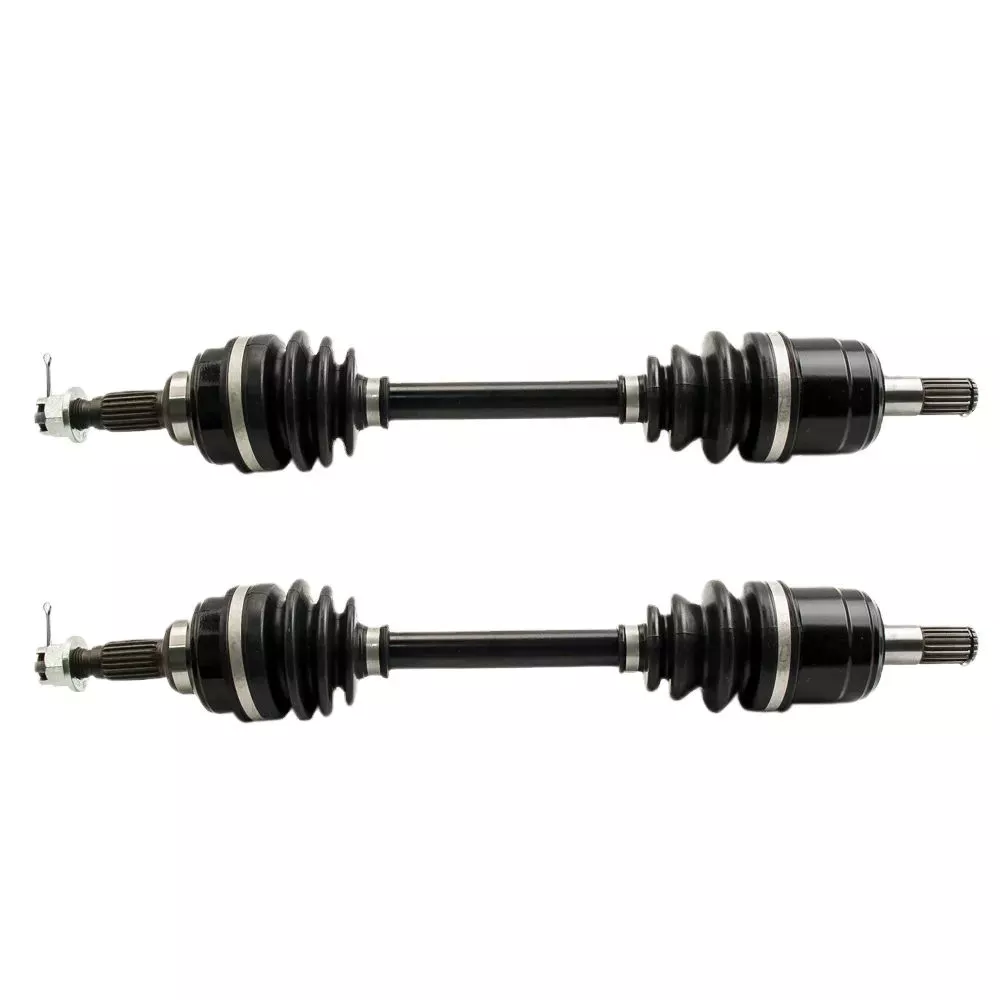
Learn about U-joints
While most vehicles have at least 1 type of U-joint, there are other types available. CV joints (also known as hot rod joints) are used in a variety of applications. The minor axis is shorter than the major axis on which the U-joint is located. In both cases, the U-joints are lubricated at the factory. During servicing, the drive shaft slip joint should be lubricated.
There are 2 main styles of U-joints, including forged and press fit. They are usually held in place by C-clamps. Some of these U-joints have knurls or grooves. When selecting the correct fitting, be sure to measure the entire fitting. To make sure you get the correct size, you can use the size chart or check the manual for your specific model.
In addition to lubrication, the condition of the U-joint should be checked regularly. Lubricate them regularly to avoid premature failure. If you hear a clicking sound when shifting gears, the u-joint space may be misaligned. In this case, the bearing may need to be serviced. If there is insufficient grease in the bearings, the universal joint may need to be replaced.
U-joint is an important part of the automobile transmission shaft. Without them, your car would have no wheeled suspension. Without them, your vehicle will have a rickety front end and a wobbly rear end. Because cars can’t drive on ultra-flat surfaces, they need flexible driveshafts. The U-joint compensates for this by allowing it to move up and down with the suspension.
A proper inspection will determine if your u-joints are loose or worn. It should be easy to pull them out. Make sure not to pull them all the way out. Also, the bearing caps should not move. Any signs of roughness or wear would indicate a need for a new UJ. Also, it is important to note that worn UJs cannot be repaired.
Symptoms of Driveshaft Failure
One of the most common problems associated with a faulty driveshaft is difficulty turning the wheels. This severely limits your overall control over the vehicle. Fortunately, there are several symptoms that could indicate that your driveshaft is failing. You should take immediate steps to determine the cause of the problem. One of the most common causes of driveshaft failure is a weak or faulty reverse gear. Other common causes of driveshaft damage include driving too hard, getting stuck in reverse gear and differential lock.
Another sign of a failed driveshaft is unusual noise while driving. These noises are usually the result of wear on the bushings and bearings that support the drive shaft. They can also cause your car to screech or scratch when switching from drive to idle. Depending on the speed, the noise may be accompanied by vibration. When this happens, it’s time to send your vehicle in for a driveshaft replacement.
One of the most common symptoms of driveshaft failure is noticeable jitter when accelerating. This could be a sign of a loose U-joint or worn center bearing. You should thoroughly inspect your car to determine the cause of these sounds and corresponding symptoms. A certified mechanic can help you determine the cause of the noise. A damaged propshaft can severely limit the drivability of the vehicle.
Regular inspection of the drive shaft can prevent serious damage. Depending on the damage, you can replace the driveshaft for anywhere from $500 to $1,000. Depending on the severity of the damage and the level of repair, the cost will depend on the number of parts that need to be replaced. Do not drive with a bad driveshaft as it can cause a serious crash. There are several ways to avoid this problem entirely.
The first symptom to look for is a worn U-joint. If the U-joint comes loose or moves too much when trying to turn the steering wheel, the driveshaft is faulty. If you see visible rust on the bearing cap seals, you can take your car to a mechanic for a thorough inspection. A worn u-joint can also indicate a problem with the transmission.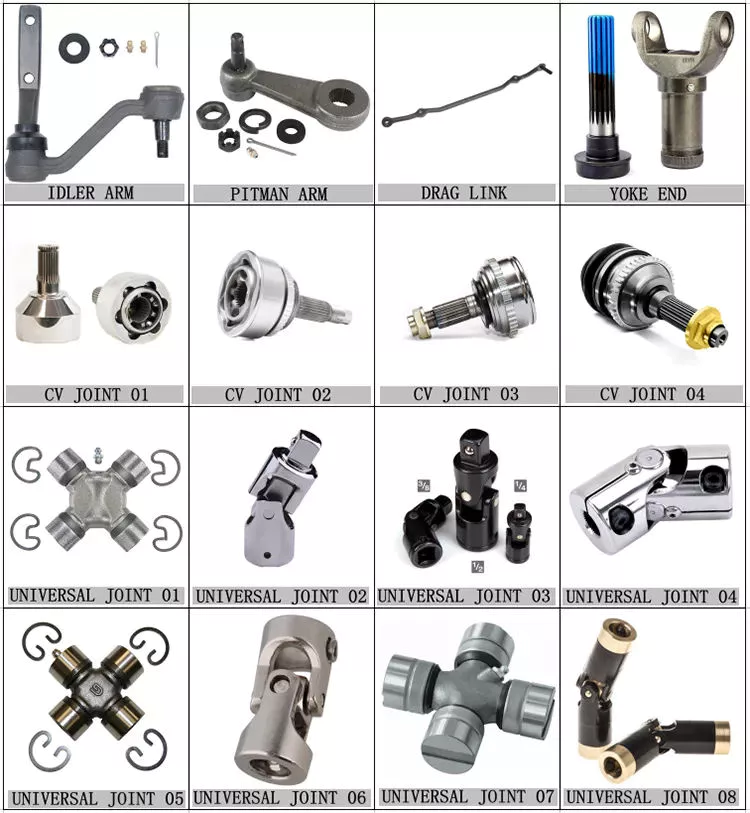
The cost of replacing the drive shaft
Depending on your state and service center, a driveshaft repair can cost as little as $300 or as high as $2,000, depending on the specifics of your car. Labor costs are usually around $70. Prices for the parts themselves range from $400 to $600. Labor costs also vary by model and vehicle make. Ultimately, the decision to repair or replace the driveshaft will depend on whether you need a quick car repair or a full car repair.
Some cars have 2 separate driveshafts. One goes to the front and the other goes to the back. If your car has 4 wheel drive, you will have two. If you’re replacing the axles of an all-wheel-drive car, you’ll need a special part for each axle. Choosing the wrong 1 can result in more expensive repairs. Before you start shopping, you should know exactly how much it will cost.
Depending on the type of vehicle you own, a driveshaft replacement will cost between PS250 and PS500. Luxury cars can cost as much as PS400. However, for safety and the overall performance of the car, replacing the driveshaft may be a necessary repair. The cost of replacing a driveshaft depends on how long your car has been on the road and how much wear and tear it has experienced. There are some symptoms that indicate a faulty drive shaft and you should take immediate action.
Repairs can be expensive, so it’s best to hire a mechanic with experience in the field. You’ll be spending hundreds of dollars a month, but you’ll have peace of mind knowing the job will be done right. Remember that you may want to ask a friend or family member to help you. Depending on the make and model of your car, replacing the driveshaft is more expensive than replacing the parts and doing it yourself.
If you suspect that your drive shaft is damaged, be sure to fix it as soon as possible. It is not advisable to drive a car with abnormal vibration and sound for a long time. Fortunately, there are some quick ways to fix the problem and avoid costly repairs later. If you’ve noticed the symptoms above, it’s worth getting the job done. There are many signs that your driveshaft may need service, including lack of power or difficulty moving the vehicle.


